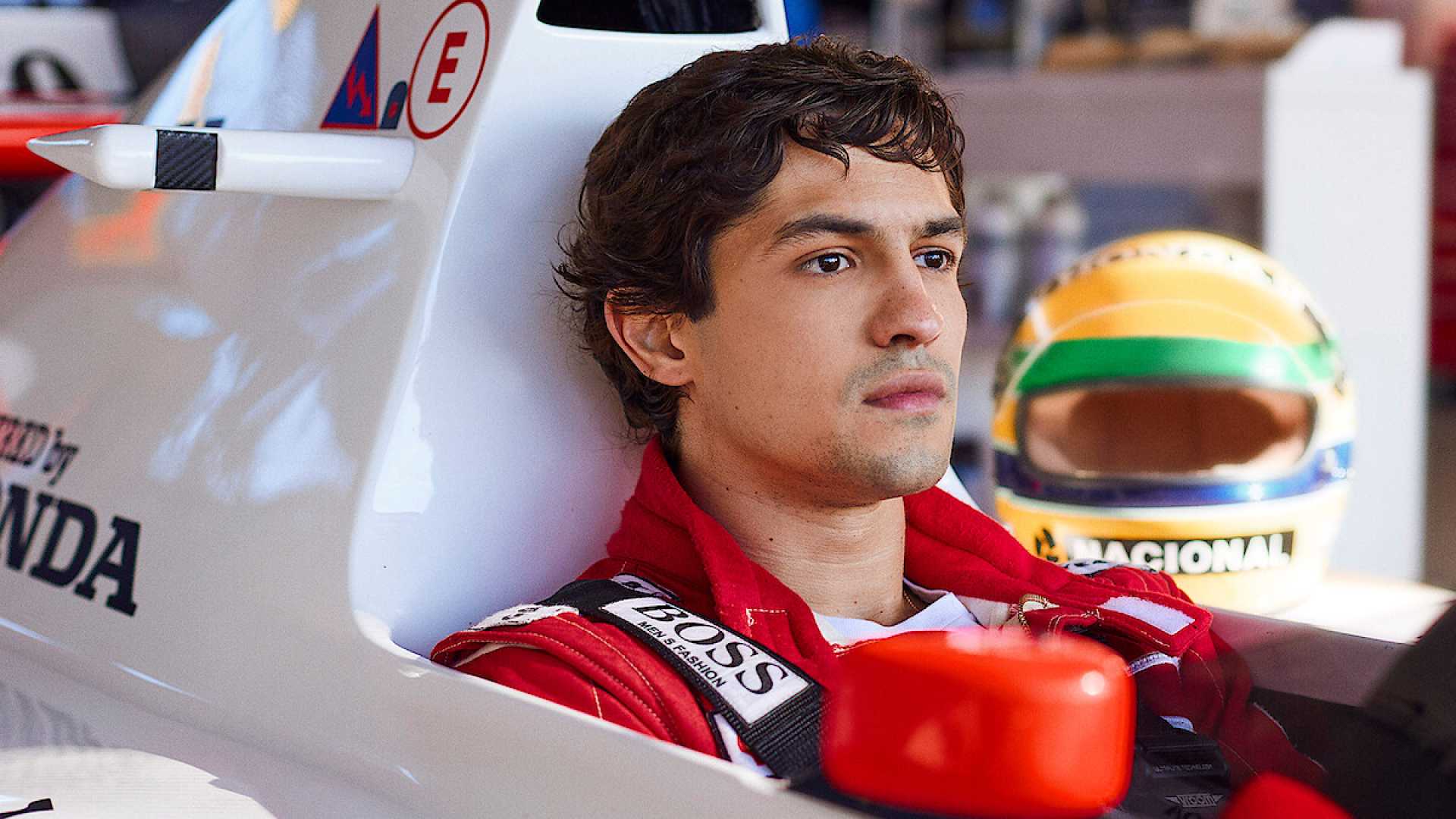Entertainment
Netflix’s ‘SENNA’ Series: A Visually Stunning but Spiritually Incomplete Portrait of the F1 Legend

Netflix has released its latest foray into the world of Formula 1 with the series ‘SENNA,’ a biographical drama that delves into the life and career of the three-time Formula 1 world champion, Ayrton Senna. The series, which begins with Senna’s fatal crash at Tamburello corner during the 1994 San Marino Grand Prix, aims to capture the complexities and contradictions of this racing icon.
The production is visually stunning, with meticulous attention to detail in recreating Senna’s racing machines. Argentine firm Crespis built 22 period-correct cars, and sound engineers spent 18 months capturing authentic engine notes from surviving examples. However, despite these efforts, the series has been criticized for trading soul for spectacle. It struggles to capture the full depth of Senna’s character, including his deep Catholic faith and his significant philanthropic work in Brazil.
Gabriel Leone delivers a charismatic performance as Senna, capturing both his intense competitiveness and boyish charm. However, the series simplifies many aspects of Senna’s life, such as his notorious rivalry with Alain Prost, reducing it to a simplistic hero-villain dynamic. Senna’s secret donations of approximately $400 million to children’s charities in Brazil are also given cursory treatment, with only brief glimpses of newspaper headlines and fleeting mentions.
Senna’s religious faith was deeply intertwined with his racing, sometimes in controversial ways. For instance, he reported seeing a divine light at Monaco and a vision of Christ during his victory lap at Suzuka. These aspects, along with his philanthropic efforts, are seen as missed opportunities to show a fuller picture of Senna’s character and his impact beyond racing.
The series exemplifies the trade-off necessary to create mainstream appeal, smoothing Senna’s rough edges and transforming a complicated man into an uncomplicated legend. This approach has led critics to feel that the portrayal occasionally feels less like biography than hagiography, diminishing what made Senna extraordinary.












